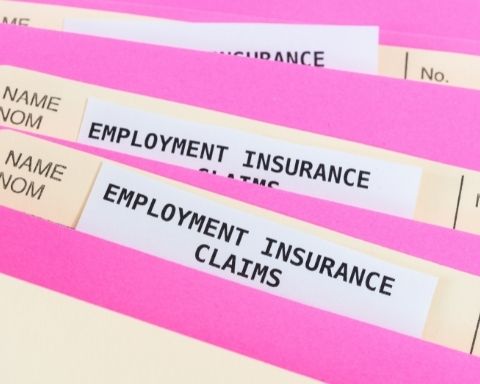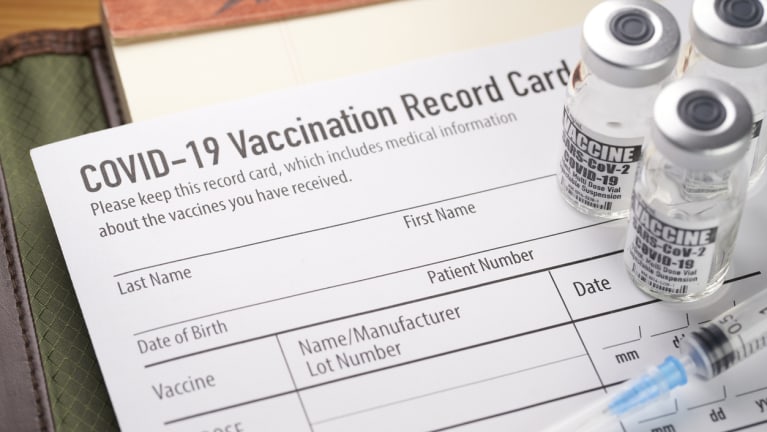 Benchmarks Show.jpeg)
The Setting Every Community Up for Enhance Retirement (SECURE) Act which was passed in the latter part of 2019, was designed to boost savings through 401(k) and similar retirement plans sponsored by employers. Plan data suggests that the law is on the right track to achieve this goal, as per the Plan Sponsor Council of America's (PSCA's) 64th Annual Survey of Profit-Sharing and 401(k) Plans report, which was released in December and basis its findings on the responses from 518 plans surveyed in 2021 about the prior plan year.

Employers are predicting on average a general average cost increase of 4.4 percent over the next year. The responses came in 2021 from 1,745 employer health plan sponsors for employers across the U.S. with 50 or more employees.

Companies are discussing the possibility of allowing employees to work remotely even after the pandemic; they typically talk about what they can do to accommodate employees who have made this choice. However, a truly hybrid environment does not consider working from the office as the primary mode of work that must be upgraded for remote work to work. Instead, it should be centred around a specific digital space where all employees can work together and collaborate, regardless of their physical location.

There's no question that Senate Bill 973 created a stir on the California employers' landscape in the past. As a result, in November 2021, the DFEH started sending notices of non-compliance to employers who did not submit their pay data reporting snapshots for the fiscal 2020 year. About 35,000 notices have been issued since then, and it is believed that penalties will be imposed on those who did not comply with the requirements outlined within the notification.

The Phenomenon, known as the Great Resignation, continues, with 4.3 million U.S. workers quitting their jobs in December 2021. This is slightly less than the November record of 4.5 million and continues a streak of historically elevated churn, according to the monthly JOLTS report by the U.S. Bureau of Labor Statistics.

In two related cases, the Supreme Court of Louisiana ruled in Hayes v. University Health Shreveport, LLC, and Nelson v. Ochsner Lafayette General that private employers may mandate COVID-19 vaccinations for their employees.
This website uses cookies to enhance website functionalities and improve your online experience. By browsing this website, you agree to the use of cookies as outlined in our privacy policy .